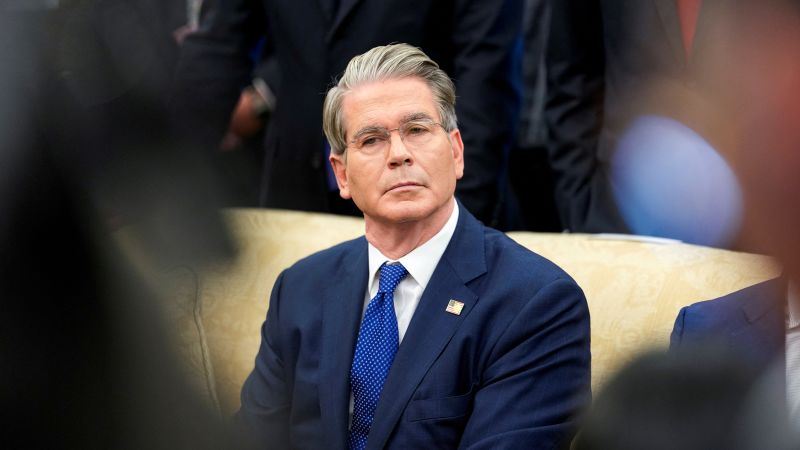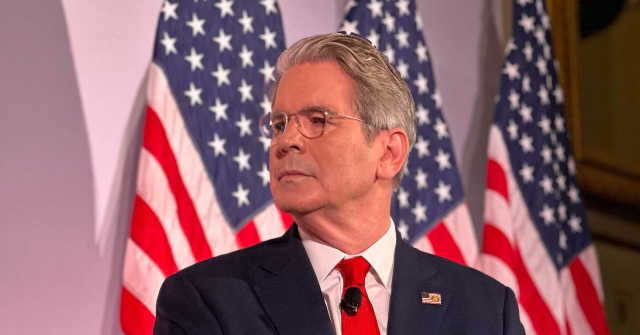Trump Child Savings Program Sparks Social Security Privatization Debate
President Trump's child savings program, offering federal and private contributions, draws criticism from Treasury Secretary Scott Bessent and others, fearing Social Security privatization.
Subscribe to unlock this story
We really don't like cutting you off, but you've reached your monthly limit. At just $5/month, subscriptions are how we keep this project going. Start your free 7-day trial today!
Get StartedHave an account? Sign in
Overview
- President Trump's administration introduced "Trump Accounts," a child savings program aiming to promote financial literacy and provide investment opportunities for newborns.
- The program includes a $1,000 federal deposit for US citizen children born 2025-2028, allowing up to $5,000 in annual private, tax-deferred contributions to a stock index.
- Treasury Secretary Scott Bessent and Democrats voice concerns that these new accounts could serve as a direct pathway or "backdoor" to privatizing the Social Security system.
- Charter Communications announced it will match the federal government's $1,000 contribution for children of its employees, indicating corporate involvement in the initiative.
- While proponents praise the program for financial empowerment, critics accuse the Trump White House of using it as an attempt to privatize Social Security.
Report issue

Read both sides in 5 minutes each day
Analysis
Center-leaning sources frame this story by emphasizing Treasury Secretary Scott Bessent's remarks as a significant 'admission' confirming Democratic suspicions about Republican intentions to privatize Social Security. They highlight Democratic reactions and historical context of GOP struggles with this issue, offering limited counter-perspectives, reinforcing a 'backdoor' attempt narrative.
Articles (5)
Center (2)
FAQ
Eligible children must be U.S. citizens born between January 1, 2025, and December 31, 2028, have a Social Security number, and be under 18 years old when the account is opened.
Contributions from parents, relatives, or employers are limited to $5,000 per calendar year per child, indexed for inflation starting in 2027. The federal government provides a $1,000 initial deposit at birth. Employers can contribute up to $2,500 tax-free under specific plans, included within the $5,000 cap.
They fear that establishing these investment-style accounts for children could serve as a 'backdoor' to dismantling or privatizing the traditional Social Security system by shifting public funds to private investment vehicles.
Each Trump Account is invested in a diversified fund tracking a broad U.S. stock index, designed for simple investment management. Earnings grow tax-deferred until withdrawals are allowed after the beneficiary turns 18, following traditional IRA taxation rules.
Some companies, like Charter Communications and Dell, have pledged to match the federal $1,000 contribution for their employees' children, indicating corporate support and involvement with the program.
History
- This story does not have any previous versions.



